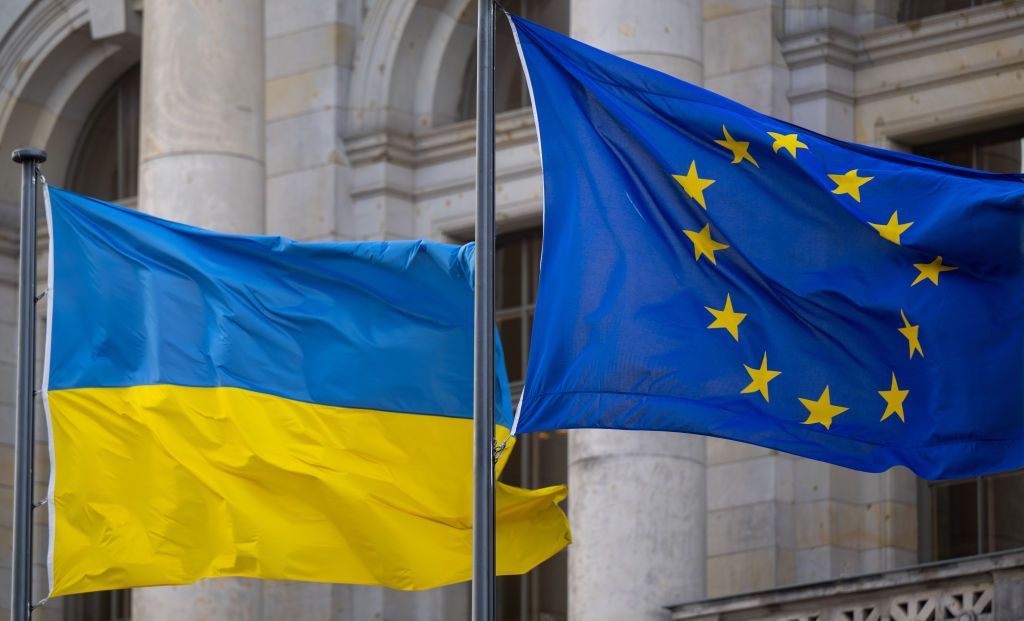Ukraine, Poland ready to conclude agreement on joint border control

Poland and Ukraine agreed to search for "mutually satisfactory solutions" to issues related to agricultural trade, said a joint communique issued on March 28 following Polish-Ukrainian consultations in Warsaw.
Ukraine's Prime Minister Denys Shmyhal arrived in Poland earlier on March 28 for talks with his Polish counterpart, Donald Tusk. Ukrainian agricultural imports, which prompted large-scale farmers' protests in Poland and a blockade at the border, were a key point on the agenda.
In the document published following the talks, the parties "confirmed their readiness to conclude an Agreement on providing control at joint border checkpoints and cooperation of control bodies" and, once approved by the European Commission, "to launch logistical data exchange at selected road border crossing points."
The parties also said that they had both "undertaken many efforts to establish fair rules for agri-food trade between the Republic of Poland and Ukraine and that further effective dialogue based on mutual understanding is needed."
Warsaw and Kyiv agreed to find solutions to the ongoing issues, "such as a verification and control system" for trade in agricultural goods. Ukrainian and Polish ministers of trade and agriculture will continue working on this task.
Speaking at a joint press conference, Tusk said that the parties are close to a joint decision regarding the import and transit of Ukrainian agricultural goods in a manner that would not threaten the Polish market. Concerns about the impact of Ukrainian imports have been rising in Poland and other countries since the EU instituted a free trade regime with Kyiv in 2022.
Ukraine and Poland also agreed on measures to avert unfair competition between Ukrainian and Polish carriers.
The talks further concerned the so-called Solidarity Lanes, an EU-instituted project helping Ukraine to ship out its grain via European countries, a process complicated by the Polish farmers' blockade at the border.
"Our governments share a common understanding of the importance of this project," Shmyhal said on his Telegram channel following the talks.
According to Ukraine's head of state, Kyiv's five-step plan for solving the ongoing trade crisis includes Kyiv agreeing to EU-proposed restrictions and safeguards regarding agricultural products, Brussels carrying out a priority screening of Ukraine's agrarian and transport legislation, embargo on Russian and Belarusian agricultural imports into the EU, setting up a crisis management headquarters, and free passage across the Polish border for ammunition, humanitarian aid, and fuel heading to Ukraine.
"We expect Poland to give specific answers to the steps we have proposed," Shmyhal noted.
Tusk said at the press conference that the EU will soon introduce a 50% tariff on some agricultural products from Russia and Belarus, which would effectively "block Russian and Belarusian imports to Europe."
Poland pledged to convene an intergovernmental conference with Ukraine and the EU no later than June 2024.
Other topics on the agenda included arms supplies to Ukraine, infrastructure development, energy, Ukraine's reconstruction efforts, and Kyiv's EU integration.
"Ukraine and Poland are strategic allies. We must clearly understand how significant mutual support and the potential of our cooperation are," Shmyhal commented on the talks.













